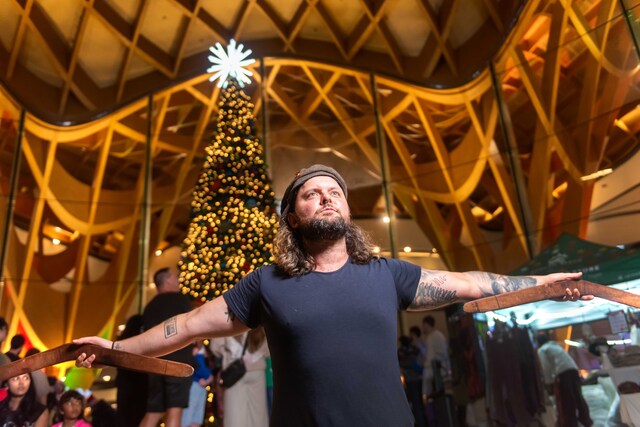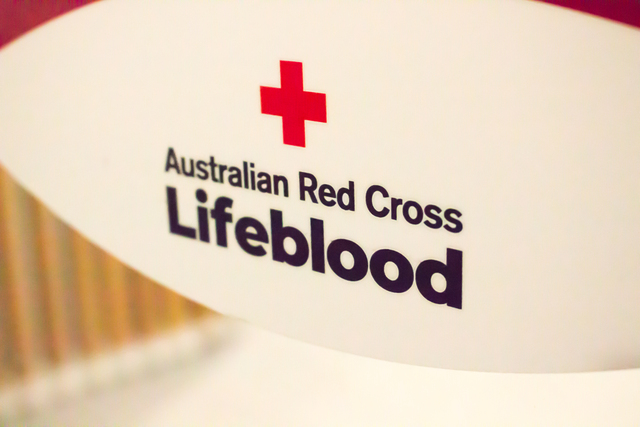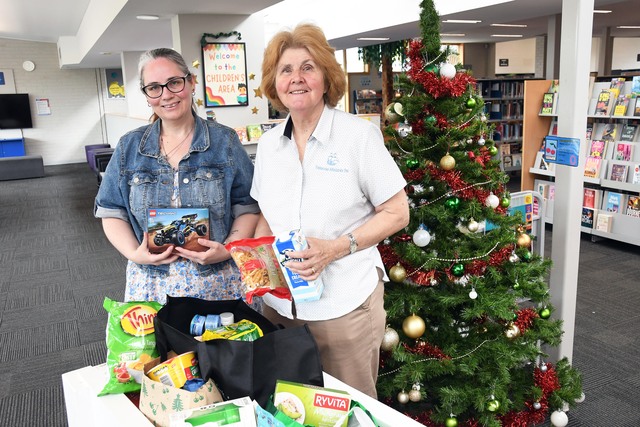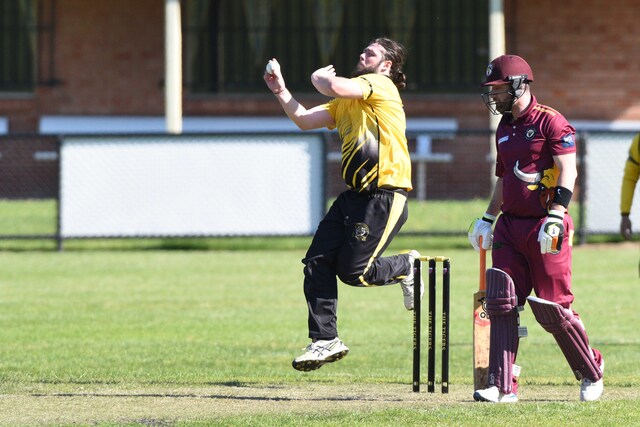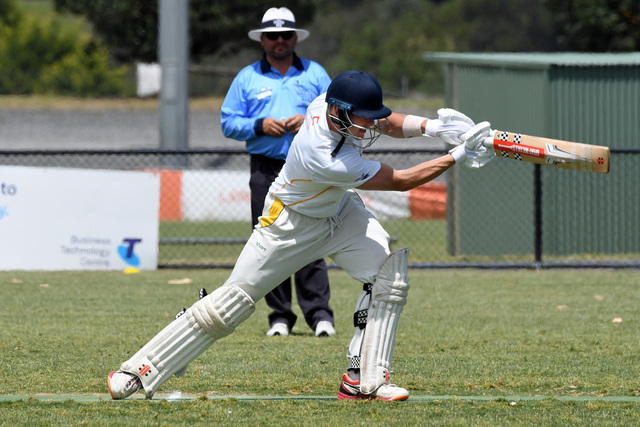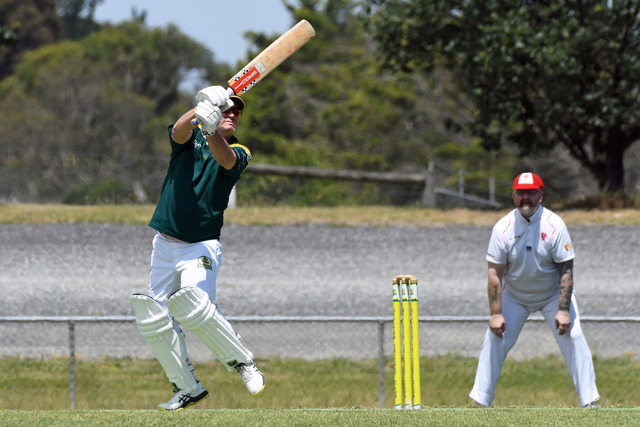A local Boonwurrung culture organisation is opposing the proposed Hampton Park waste transfer station and is urging the Environmental Protection Authority (EPA) to reject its Development Licence application.
Hallam Road landfill operator Veolia proposed to build a $27m commercial waste transfer station on the land adjacent to the landfill.
Casey Council approved its planning permits with conditions on Monday 4 November, and Veolia is now seeking a Development Licence application from EPA.
Boonwurrung culture organisation Biik Bundjil submitted its opposition to EPA on 7 December, where it stated its concerns for the cultural, environmental, and community impacts as the Traditional Custodians of the land.
Director Jaeden Williams stated that the proposed waste transfer station risked severe environmental damage to Boonwurrung Country.
“This project introduces significant risks, including leachate contamination, increased pollution, and air quality degradation. It undermines the promise to rehabilitate the regional tip into parkland, a commitment made to the community when the tip was extended,” he said.
“This rehabilitation was more than a practical solution. It symbolised an opportunity to restore balance and respect to the land. The introduction of a waste transfer station dishonours this promise, further compounding the harm done to the Country.
“In Boonwurrung culture, the principle of caring for the Country, nurturing the land, not exploiting it, is fundamental.”
Local communities talked to Star News earlier this year and said they had been promised for years by Casey Council that the landfill would be reverted to a public green park after the rehabilitation.
Mr Williams also pointed out in the submission that there was no proper consultation with the Aboriginal community.
“The land upon which this proposal is planned is part of Boonwurrung Country, unceded and deeply significant to the Traditional Custodians. Boonwurrung Elders and their communities must be central to any discussions about developments of this nature,” he said.
“However, there is no evidence that proper consultation has occurred, a glaring omission that disrespects their custodianship and fails to uphold the principles of truth-telling and reconciliation.
“Developments like waste transfer stations threaten this connection by potentially causing irreparable damage to the environment, which is an intrinsic part of Boonwurrung cultural identity and spirituality.
“To proceed without consulting Elders is to dismiss their enduring wisdom and understanding of how best to care for Country.”
Community organisation Lynbrook Residents Association stated on its Facebook that it stood in solidarity with the Biik Bundjil and the Boonwurrung Traditional Custodians.
“This submission is not just a statement,” it stated.
“It is a profound call for justice, resonating from the Traditional Custodians of this land, who have upheld its care for millennia. It shines a spotlight on the urgent cultural, environmental, and community threats posed by this proposal.”
When contacted, Tania Asper, City of Casey Manager Planning and Building said: “When considering the permit application, council officers established that there was no statutory requirement to prepare a cultural heritage management plan or consult with Traditional Land Owners as part of their assessment.
“We understand that the local community are disappointed at the proposed waste transfer station. Council’s role as the local planning authority is to consider applications in line with relevant State policies, frameworks, and legislation.”
When contacted, a Veolia spokesperson said: “The Hallam Road site, which includes the proposed Hampton Park waste transfer station, was originally a quarry.
“Veolia continues to rehabilitate the severely disturbed site and will maintain our commitment to return it to the community as parkland.
“The proposed transfer station is a vital piece of infrastructure for Victoria’s future waste needs, which will occupy a relatively small area of the existing site.
“Throughout this proposal, Veolia has engaged with the local community and will continue to do so.”

